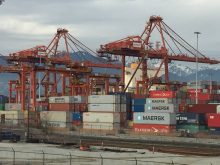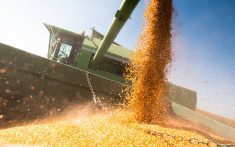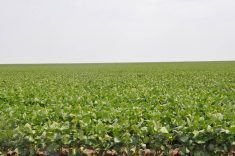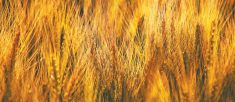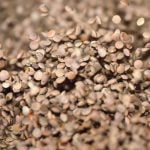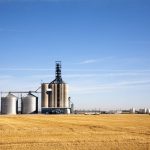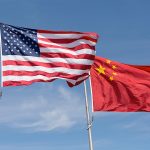As developments around the COVID-19 coronavirus change rapidly, I can’t help but speculate on the longer-term effects of it.
By now, much has been made of the economic impact it — alongside the Saudi Arabia-Russia oil trade war — will have on global economies. While it’s guesswork to estimate the total impact without knowing how long the pandemic lasts, it’s clear there will be a negative impact.
Already the United Nations is suggesting a slowdown of China-based manufacturing could result in a US$50 billion decrease in exports across global value chains.
Read Also
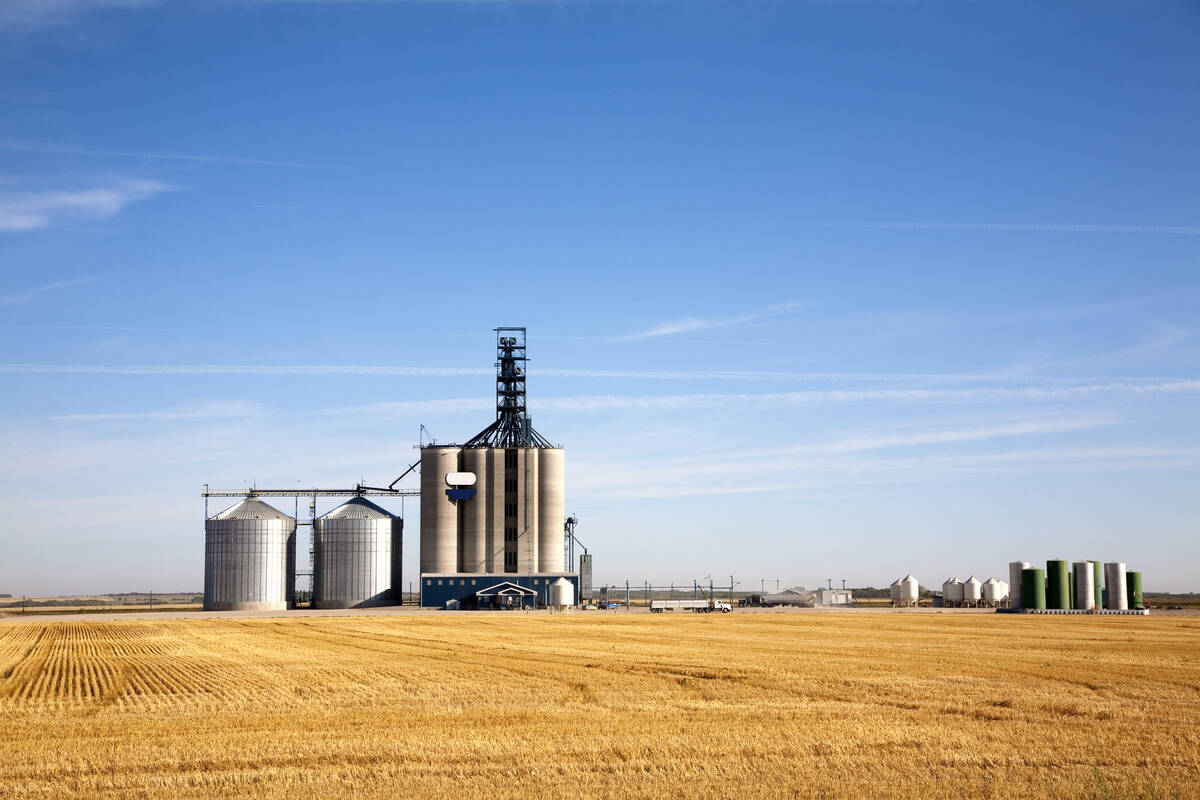
Canada needs an agriculture strategy to rebuild trust with producers, investors and trade partners: report
Canada needs a national agriculture strategy with clear priorities and results according to a new report from the Canada West Foundation.
It is also clear farmers are once again being impacted by a force they have little control over. For those keeping score at home, the pandemic adds to bad weather, a trade war and two rail stoppages as issues farmers did not plan on dealing with this year. Compounding matters is the fact that a grain backlog from the rail stoppage has not gone away, and will likely take months to alleviate.
Now supply chains are significantly disrupted and world markets are in turmoil. Neither bodes well for producers.
Beyond these negative short-term impacts, will there be any significant long-term trend emerging from this memorable time in history?
Despite an increasing trend to weaponize food and trade in international disputes as countries tick toward isolation, we continue to live in a world where supply chains are interconnected. The world is reliant on the rest of the world, despite some world leaders suggesting otherwise or attempting to change that.
But a pandemic bringing about a disruption to those relationships has the potential to further the trend of global trade looking more inward.
China’s role in all of this can’t be understated. The country is simultaneously a world leader in imports and exports, while now also acting as the epicentre of the pandemic.
It was already embroiled in a trade war with the United States, prompting protectionist measures from both countries that were harmful to farmers.
Now, beyond trade and geopolitics being rational for those protectionist measures, global leaders could conceivably — especially in the age of Donald Trump — argue health concerns as a reason to isolate from China and other nations.
In essence, COVID-19 has the potential to further drive people and nations apart at a time when world leaders are already trending in that direction.
Like most terrible things that inflict the world, countries with emerging markets also run the risk of being disproportionally impacted.
That’s the glass-half-empty way of looking at this.
Admittedly, I’m more likely to take that view. Thankfully, I have more optimistic people in my life.
Those positive thinkers make the case that COVID-19 ignores borders and, given its global impact and potential for fatality, demands at least some empathy. The culminating impact of this could be perspective on the pettiness of political battles, at home and abroad.
Perhaps it could be a turning point for world leaders as well, as they are being given a not-so-subtle reminder of the importance global cooperation has in dealing with the biggest challenges of the day.
Of course, time will tell which way the pendulum swings. COVID-19, some suggest, could be gone within a few months — but there is no scenario in which normalcy will immediately reign again.
In any scenario, farmers will again be tasked with overcoming problems over which they have little control.
— D.C. Fraser writes for Glacier FarmMedia from Ottawa.






